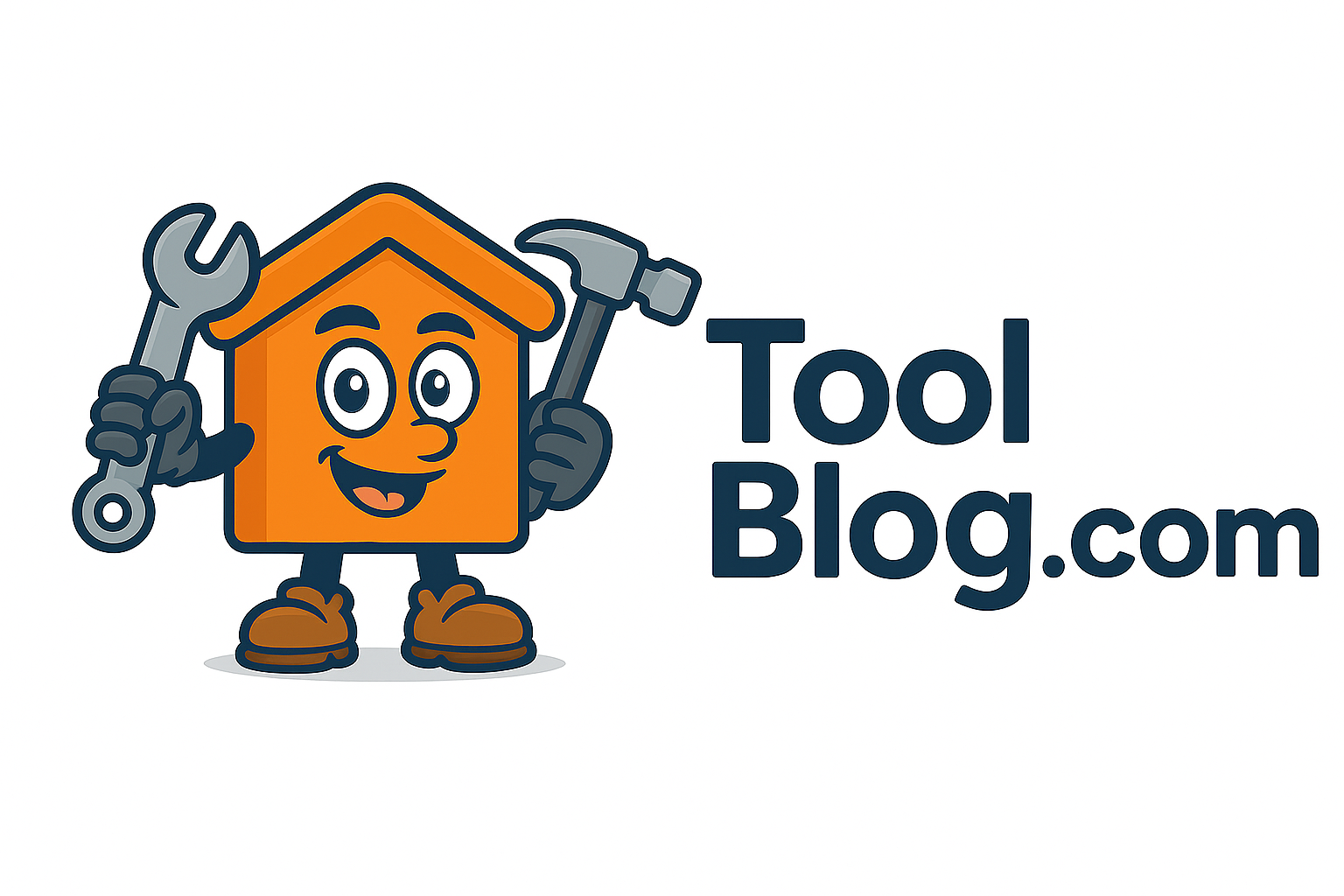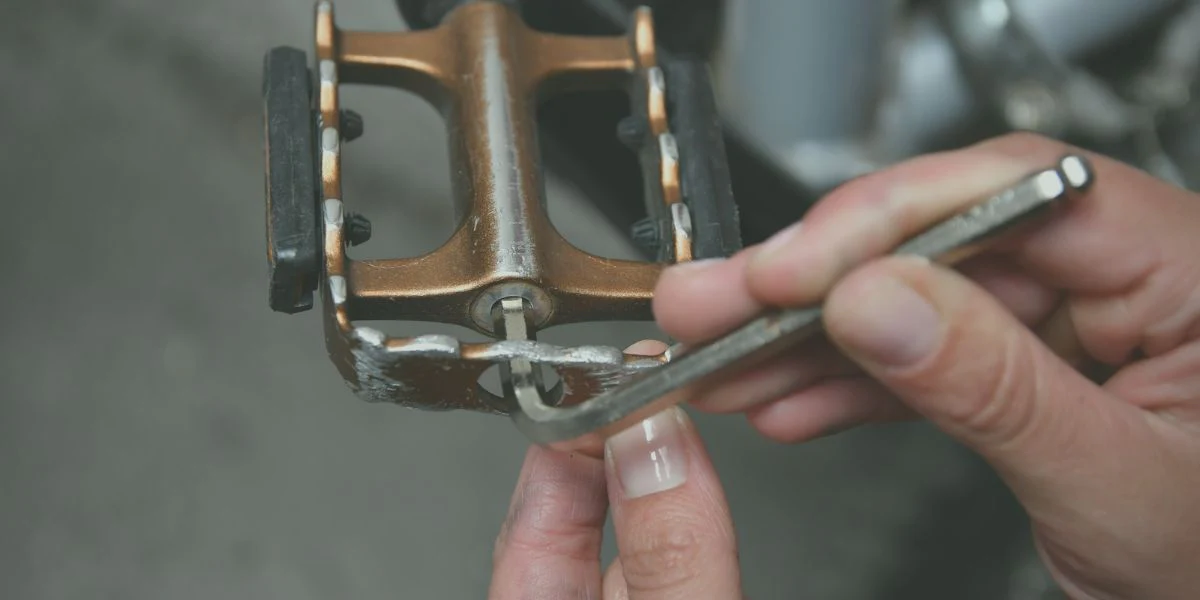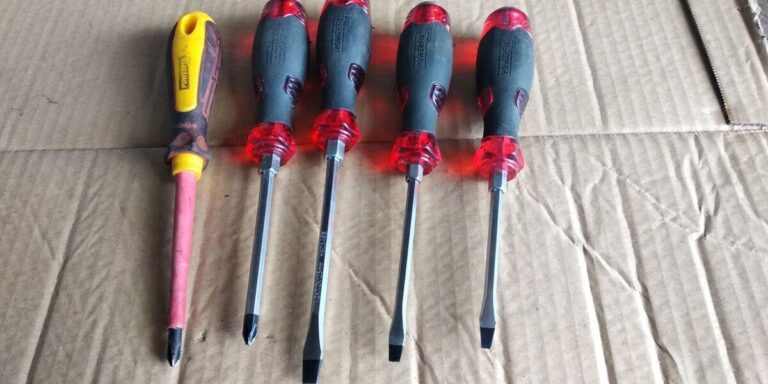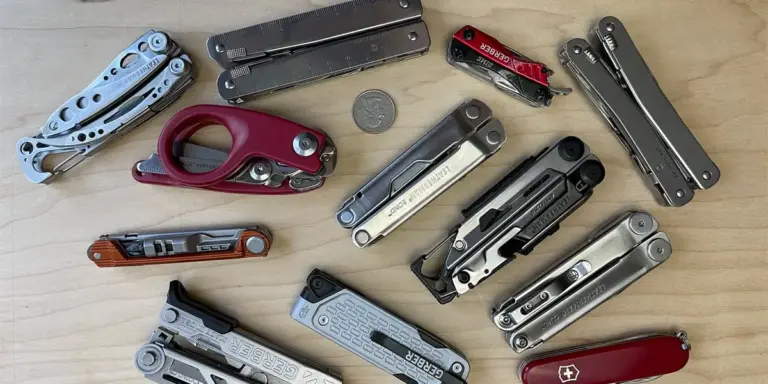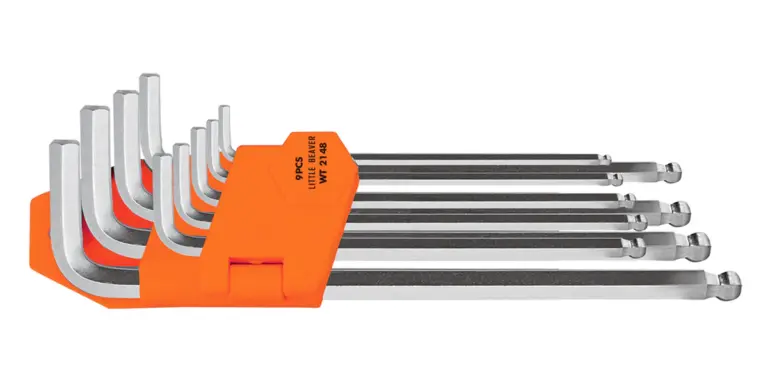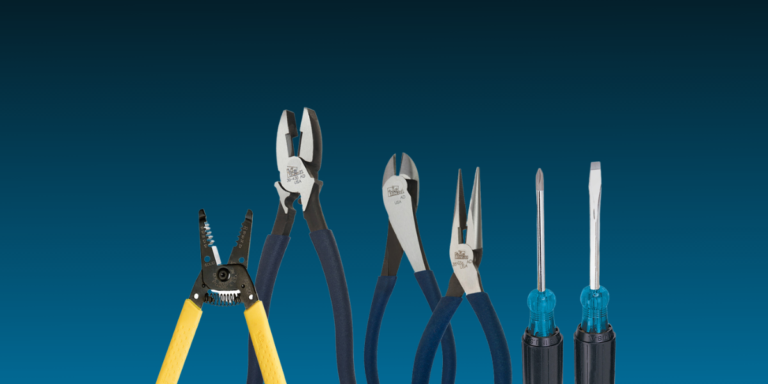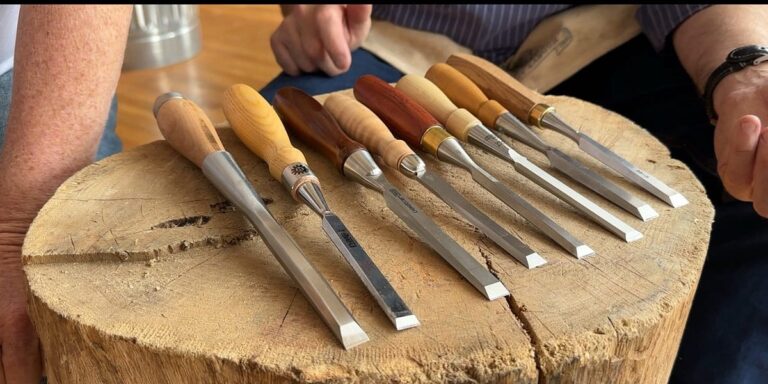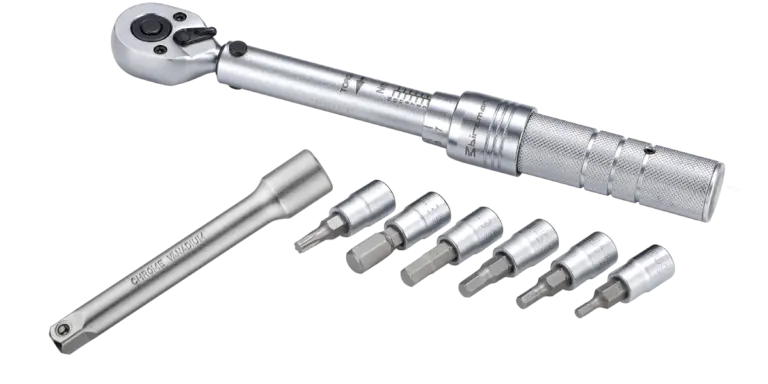5 Must-Have Hand Tools for Car Repair
Working on cars has always felt like a blend of art, patience, and the right set of tools. Whether I’m swapping out brake pads, tightening a loose hose, or chasing down a strange noise under the hood, having the right tools can make all the difference. In the world of automotive DIY, not all tools are created equal. Over the years, I’ve learned that a few key hand tools consistently prove themselves essential, no matter the project. These aren’t luxury items—they’re the must-haves that should live in every home mechanic’s toolbox.
In this guide, I want to highlight 5 must-have hand tools for car repair that I rely on time and again. Each one earns its keep by helping me get the job done faster, safer, and with fewer headaches. Whether you’re a seasoned gearhead or just learning how to handle your own oil change, these tools are the backbone of any successful car repair project.
Socket Set with Ratchet
If there’s one tool I reach for more than any other, it’s a quality socket set with a ratchet. From loosening stubborn bolts to tightening parts with just the right amount of torque, this tool is practically an extension of my hand. For car repair, having both metric and SAE sizes is non-negotiable since you’ll encounter both depending on the make and age of the vehicle.
I prefer sets that include 1/4-inch, 3/8-inch, and 1/2-inch drives because they each serve different purposes. The 1/4-inch is great for light work and getting into tight engine bays, the 3/8-inch is ideal for general tasks, and the 1/2-inch drive handles heavy-duty bolts like those on suspension components or lug nuts. Ratchets with high tooth counts (72 or higher) make work smoother in confined areas since they require less movement to engage the next tooth.
There are plenty of great brands out there—like GearWrench, Tekton, and Craftsman—that offer complete socket sets at various price points. Just make sure yours includes deep and shallow sockets, extensions, and maybe even a universal joint for those awkward angles.
Combination Wrenches
While a ratchet set is incredibly useful, sometimes you need the precision and slim profile of a good combination wrench. These are especially helpful in tight spots where a socket simply won’t fit. A combination wrench has an open end on one side and a closed box-end on the other, giving you flexibility in how you approach bolts and nuts.
When I work on brake calipers, belts, or under-dash components, these wrenches really shine. The box-end side grips bolts more securely, helping to prevent rounding off the edges, especially when bolts are rusted or torqued down tight. A full set in both metric and SAE is essential because guessing the wrong size or using an adjustable wrench can do more harm than good.
Some mechanics prefer flex-head or ratcheting combination wrenches for even more convenience. While they’re pricier, I’ve found them to be worth the investment, especially when working in areas like engine compartments or under the chassis where space is limited.
Screwdrivers and Bit Drivers
You’d be amazed how many car repairs come down to having the right screwdriver. From removing air filter housings and interior trim to adjusting hose clamps or dealing with electrical components, having a reliable set of screwdrivers is key. I make sure I have both flathead and Phillips-head options in multiple sizes, and I also keep a set of Torx drivers since many modern vehicles use Torx screws.
Bit drivers with interchangeable heads are also a space-saving alternative, especially if you’re short on storage. I like magnetic bit drivers because they hold onto screws securely and make it easier to work in awkward positions. Some sets even come with hex, square, and specialty bits which have saved me more than once.
Screwdrivers with comfortable, non-slip grips make long jobs much easier on the hands. I’ve stripped fewer screws since switching to a set with ergonomic handles, and they make a difference when working on delicate dashboard components.
Pliers (Needle Nose, Channel Lock, and Locking)
Pliers are like the utility players of any tool kit. There’s almost no limit to how useful they are in car repair. Whether it’s clamping a hose, pulling a fuse, bending metal tabs, or removing stubborn clips, I always keep a selection of pliers within arm’s reach.
Needle-nose pliers are especially useful in tight spaces and for handling small parts like cotter pins or electrical connectors. Channel lock pliers, or adjustable slip-joint pliers, provide serious grip when loosening stubborn hoses or fittings. I’ve also found that locking pliers (often called Vise-Grips) are a lifesaver when I need an extra hand—whether to hold a bolt in place or clamp something securely while I work.
Many projects would be almost impossible without the right set of pliers. It’s not uncommon for me to use three or four different types in one repair session. These versatile tools definitely belong on any list of must-have hand tools for car repair.
Torque Wrench
One of the most critical tools I’ve added to my collection is a torque wrench. It ensures that fasteners are tightened to the manufacturer’s specified torque, which is especially important for parts like cylinder head bolts, spark plugs, or wheel lugs. Over-tightening or under-tightening bolts can lead to mechanical failures or safety hazards.
There are a few types of torque wrenches: click-type, beam, and digital. I personally use a click-type because it’s easy to use and very reliable. You simply set the desired torque value, and the wrench clicks when you’ve reached it. Beam wrenches are more affordable but require a little more focus, while digital wrenches offer incredible precision and convenience (though at a higher cost).
If you work on your own car with any regularity, a torque wrench is an absolute necessity. It’s one of those tools that not only improves your quality of work but also helps ensure your repairs are safe and long-lasting.
Bonus Tools Worth Considering
While the five tools above are the core of my car repair kit, I’ve found a few other items incredibly useful and worth mentioning:
- Breaker Bar: For loosening lug nuts or stubborn bolts that a ratchet can’t handle.
- Magnetic Pickup Tool: Because dropped bolts love hiding in engine bays.
- Work Light: Especially helpful when working under the car or in dark corners of the engine.
- Trim Removal Tools: Perfect for interior work without damaging panels.
These aren’t mandatory, but once you’ve got the basic five must-have hand tools for car repair, adding these extras can seriously level up your repair game.
Organizing Your Tool Kit
Having the right tools is only part of the equation—you also need to keep them organized. A sturdy toolbox with drawers, or a rolling tool chest, helps you stay efficient during a repair. I use foam inserts and labeled compartments so I can find what I need quickly. It also helps protect the tools and keeps them in working order longer.
If you’re always on the go, a portable tool bag with pockets for wrenches, screwdrivers, and sockets can be a lifesaver. Nothing’s worse than losing half your gear under the car or spending 20 minutes searching for a 10mm socket.
Tips for Getting the Most Out of Your Tools
Over time, I’ve picked up a few habits that keep my tools in top shape and make car repair smoother:
- Clean tools after every use. A quick wipe-down prevents rust and grime buildup.
- Store them in a dry place. Moisture leads to corrosion, especially on sockets and wrenches.
- Use the right size tool. Don’t force a wrench that doesn’t fit—it will round off bolts.
- Lubricate moving parts. A little oil in your ratchet or pliers keeps them working smoothly.
- Inspect regularly. Replace damaged tools to avoid injury or mistakes during repair.
Taking care of your tools means they’ll take care of your car in return.
Conclusion
Every car enthusiast and DIY mechanic needs a solid foundation of tools to do the job right. While there are hundreds of specialty tools out there, the must-have hand tools for car repair are the ones that get used day in and day out. A quality socket set, a selection of wrenches, versatile pliers, screwdrivers, and a reliable torque wrench form the backbone of any repair project.
These tools help me work faster, fix problems with confidence, and save money by avoiding trips to the shop for every small issue. Whether I’m swapping brake pads or troubleshooting an engine noise, having the right gear makes all the difference. If you’re building your tool kit or just want to know what’s truly essential, start with these five tools—and you’ll be ready for whatever your car throws at you.
